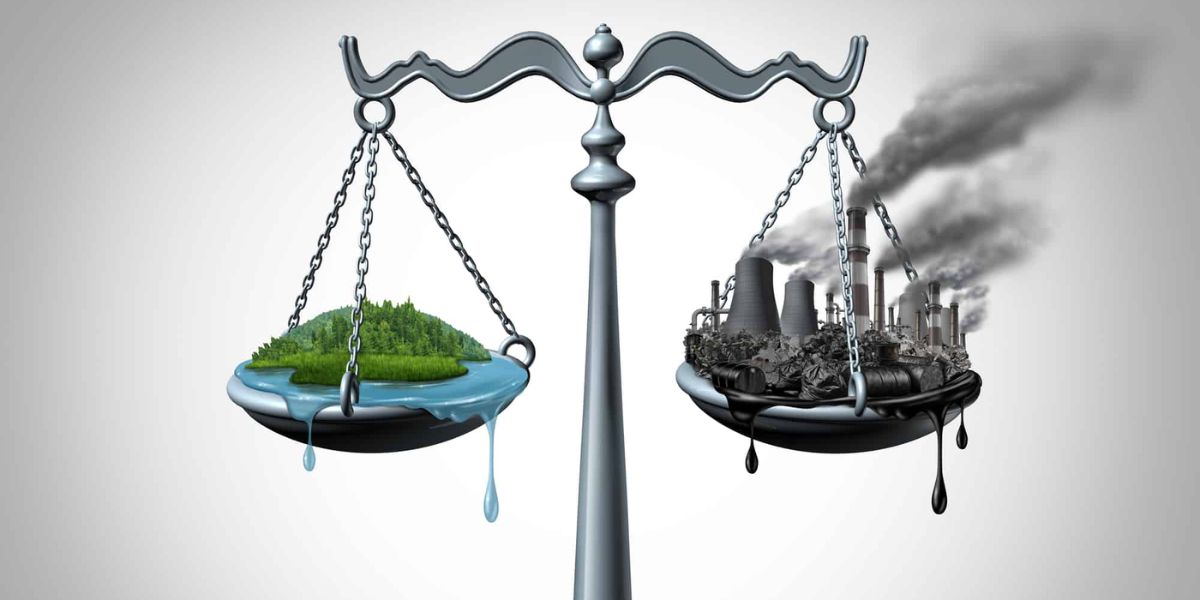Climate change is one of the most pressing global challenges of our time, and its legal implications are profound, influencing policies, international agreements, and legal frameworks worldwide. As countries and international organizations increasingly focus on environmental protection, international law plays a vital role in addressing the complex and far-reaching effects of climate change. This article explores how climate change has shaped international law, the key legal instruments designed to combat it, and how LLM students can specialize in environmental law to tackle global issues.

The Rise of Climate Change in International Law
Climate change has emerged as a central issue in international law, driving the development of legal mechanisms to mitigate environmental harm and promote sustainable practices across borders. The scientific consensus on human induced climate change has led to increasing pressure on governments to take action. International law has responded with treaties, protocols, and conventions that aim to regulate emissions, promote climate justice, and protect vulnerable populations.
The Role of International Legal Frameworks
International legal frameworks play a crucial role in coordinating global action on climate change. These legal instruments provide guidelines for state behavior, outline collective goals, and foster cooperation among nations. Some of the most notable international treaties and agreements on climate change include:
- The United Nations Framework Convention on Climate Change (UNFCCC): Established in 1992, the UNFCCC provides the overarching framework for international climate negotiations and sets out general commitments for parties to take action against climate change.
- The Kyoto Protocol: Adopted in 1997, this treaty required industrialized countries to reduce greenhouse gas emissions, recognizing their historical contribution to global warming. Although it had limited success, it was a significant step toward recognizing the responsibility of developed nations in combating climate change.
- The Paris Agreement (2015): One of the most ambitious international climate agreements, the Paris Agreement sets binding targets for limiting global temperature rise and includes provisions for monitoring progress and increasing emissions reduction efforts. It has broad support from nearly every nation, emphasizing global cooperation on climate action.
Key Legal Instruments in Climate Change Mitigation
International law’s response to climate change has led to the development of various legal instruments aimed at mitigating the environmental impact of human activities. These instruments focus on emission reductions, adaptation to climate effects, and accountability for polluting activities.
Emission Reduction Commitments
International climate agreements such as the Paris Agreement emphasize the need for all countries to reduce their greenhouse gas emissions. Under this framework, nations set nationally determined contributions (NDCs) to achieve a common goal of limiting global warming. These commitments represent a mix of binding and voluntary obligations, with the expectation that countries will gradually strengthen their targets over time.
Adaptation and Resilience
Climate change laws also address the need for adaptation preparing communities and ecosystems for the inevitable impacts of climate change. Legal instruments focus on enhancing resilience, particularly in developing countries that are most vulnerable to climate effects like rising sea levels, extreme weather, and biodiversity loss. These instruments often include funding mechanisms, technical support, and capacity-building programs to help countries adapt to a changing climate.
Accountability for Environmental Harm
International law is also evolving to address the legal responsibility of states and corporations for environmental harm caused by activities that contribute to climate change. The Polluter Pays Principle is one such legal principle that asserts that those responsible for causing pollution should bear the costs of mitigating its impact. This principle has been incorporated into several international agreements, including the Kyoto Protocol and the Paris Agreement, and serves as a basis for enforcing climate justice and accountability.
The Role of LLM Students in Tackling Climate Change
For LLM students, specializing in environmental law presents an exciting opportunity to contribute to addressing the global challenges posed by climate change. An LLM in environmental law offers a comprehensive understanding of international legal frameworks and equips students with the skills needed to work on climate-related legal issues.
Specialized Courses in Environmental Law
LLM programs in environmental law often include specialized courses on topics such as:
- Climate Change Law and Policy: Focusing on international agreements, legal instruments, and strategies for addressing climate change.
- International Environmental Law: Covering issues like transboundary pollution, biodiversity conservation, and the role of international organizations in environmental governance.
- Sustainable Development: Examining the balance between economic growth and environmental sustainability, with a focus on international law’s role in promoting sustainable practices.
These courses provide a solid foundation for students to understand the legal mechanisms that shape global responses to climate change and develop strategies for addressing legal and environmental challenges.
Legal Advocacy and Climate Justice
LLM students specializing in environmental law can also explore the intersection of climate change and social justice. Climate change disproportionately affects vulnerable communities, particularly in developing countries and indigenous populations. Climate justice movements seek to ensure that the costs of environmental harm are fairly distributed and that affected communities have a voice in global decision-making.
By engaging with issues of climate justice, LLM students can contribute to the development of legal arguments, policies, and advocacy campaigns aimed at achieving equitable climate solutions. Students can also participate in organizations that promote legal action on behalf of communities affected by environmental harm.
Career Opportunities in Environmental Law
With an LLM in environmental law, students are well-positioned for careers in international organizations, governmental agencies, non-governmental organizations (NGOs), and private firms. Some career paths include:
- Environmental NGOs: Working on legal advocacy, policy development, and litigation aimed at protecting the environment and addressing climate change.
- International Organizations: Contributing to global climate negotiations, implementing climate action plans, and advising governments on environmental law.
- Government Agencies: Advising on the development of national and international climate policies and strategies for reducing greenhouse gas emissions.
- Corporate Sustainability: Advising businesses on compliance with environmental regulations and helping companies implement sustainable practices.
Challenges in International Environmental Law
While international law has made significant progress in addressing climate change, several challenges remain that can hinder effective action.
Political and Economic Barriers
One of the main challenges in international environmental law is political and economic resistance from some countries, particularly those that rely heavily on fossil fuel industries. Countries may be reluctant to adopt stringent emission reduction targets or to support legally binding climate agreements due to concerns over economic growth, job loss, and energy security.
Enforcement Issues
Another challenge is the enforcement of international climate agreements. While countries may commit to ambitious climate targets, there are limited mechanisms to ensure compliance, especially when commitments are voluntary. Without clear enforcement mechanisms, there is a risk that nations may fail to meet their pledges, undermining the effectiveness of international climate law.
The legal implications of climate change are far-reaching, and international law plays a pivotal role in combating this global crisis. As climate change continues to impact the environment, human societies, and economies, international law provides the frameworks for cooperation, adaptation, and accountability. For LLM students, specializing in environmental law offers an opportunity to engage with the legal challenges of climate change, contribute to policy development, and become advocates for sustainable, climate-resilient solutions. The future of international environmental law is shaped by the contributions of legal professionals committed to protecting the planet and ensuring a just, sustainable future for all.
FAQs
What is the role of international law in addressing climate change?
International law provides frameworks for global cooperation, setting emission reduction targets and promoting climate justice to mitigate climate change.
How can LLM students specialize in environmental law?
LLM students can specialize in environmental law through courses on climate change law, sustainable development, and international environmental policies.
What are the key international agreements addressing climate change?
Key agreements include the UNFCCC, the Kyoto Protocol, and the Paris Agreement, which set global goals for reducing greenhouse gas emissions.
What career opportunities are available for LLM graduates in environmental law?
LLM graduates can work with NGOs, international organizations, government agencies, and corporate sustainability roles, focusing on climate change and environmental protection.



